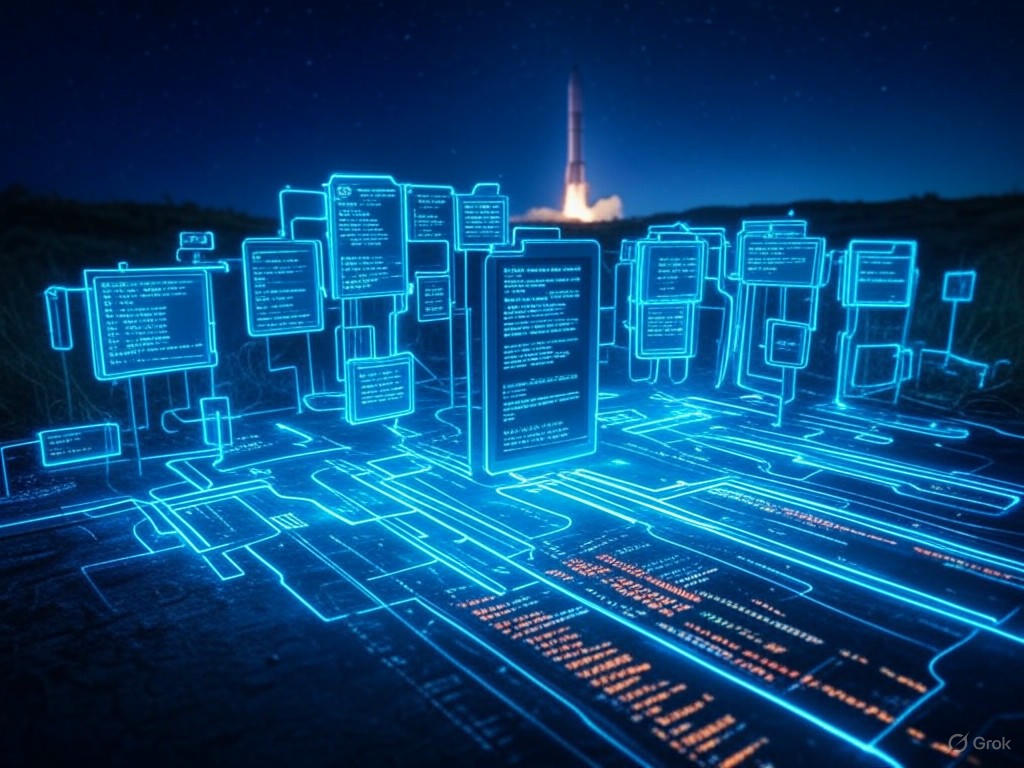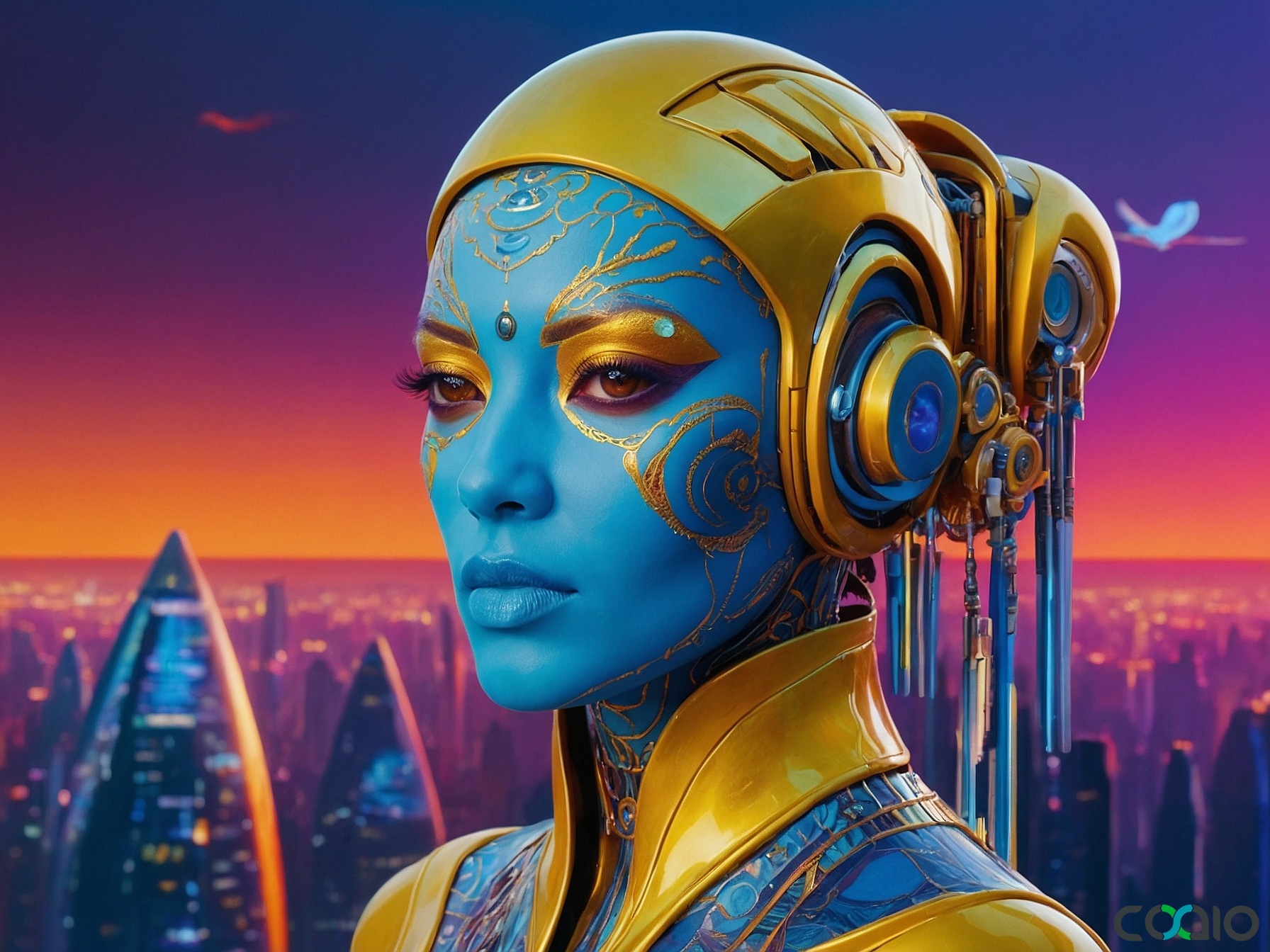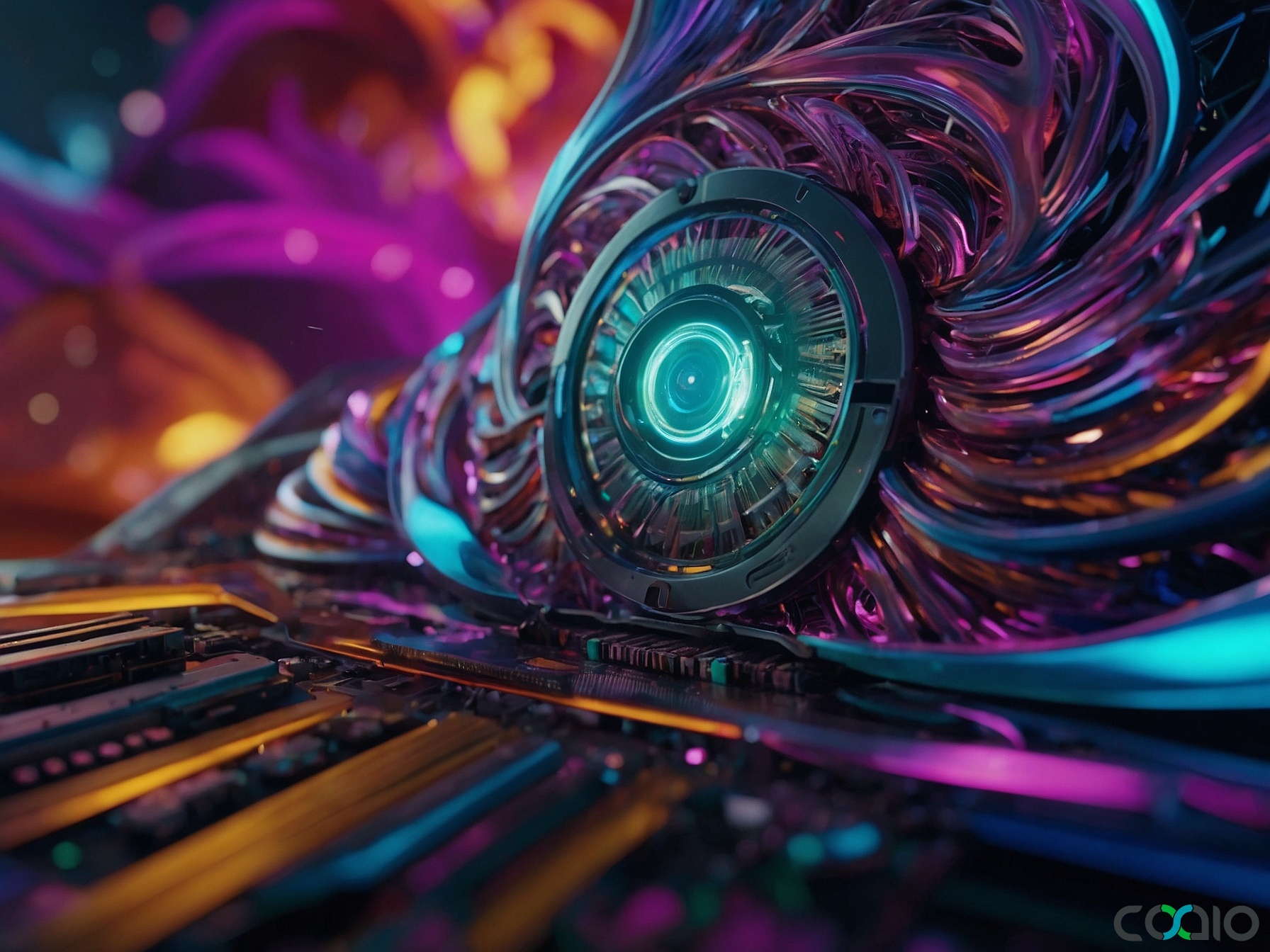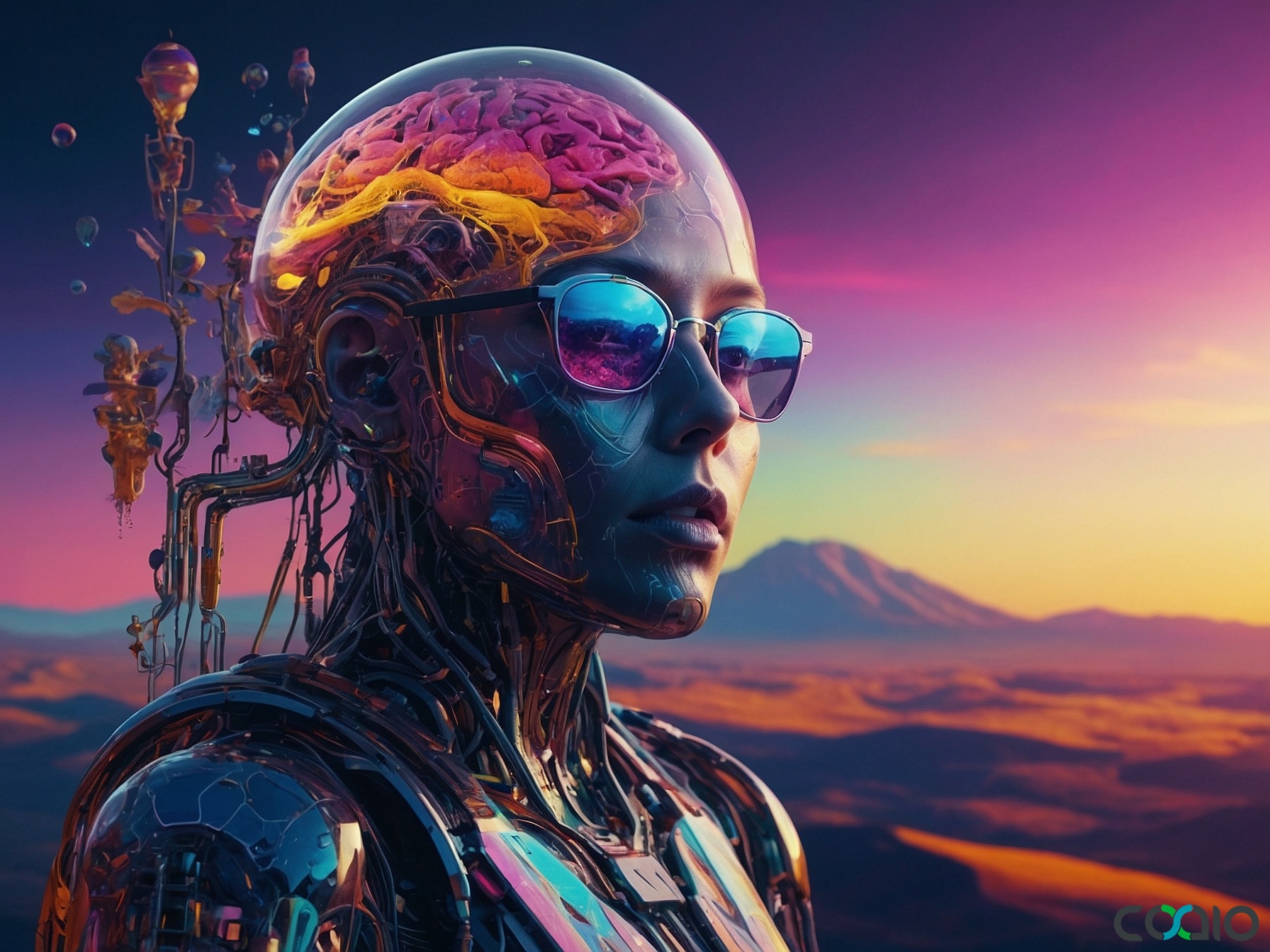
AI Revolution in Software Development: Key Updates from October 2025 and Their Industry Impact
As of October 6, 2025, the tech world is buzzing with groundbreaking developments in software development, particularly in AI-driven tools and frameworks. From Microsoft’s latest innovations to emerging AI models and regulatory shifts, these advancements are reshaping how developers build and manage software. This article dives into the most relevant news, exploring their implications for the industry and how they could influence future projects. With AI at the forefront, let’s break down the key stories and their potential to drive efficiency and innovation.
Microsoft’s Agent Framework: Pioneering AI in Software Development
Microsoft’s recent announcement of the preview for its Agent Framework marks a significant milestone in AI-integrated software development. Released as an open-source kit compatible with .NET and Python, this framework is designed to simplify the creation of AI agents and multi-agent workflows. According to the official details from SD Times, the framework allows developers to build individual agents or connect them through graph-based workflows, making it easier to handle complex, interconnected systems Read more.
This tool is positioned as a successor to Microsoft’s earlier projects like Semantic Kernel, offering enhanced capabilities for automation and intelligent decision-making. For instance, developers can now design agents that perform tasks such as data analysis, predictive modeling, or even autonomous decision processes in applications. The open-source nature of the framework encourages community contributions, potentially accelerating innovation in areas like chatbots, automated testing, and personalized software solutions.
The implications for software development are profound. In an era where AI is increasingly embedded in everyday applications, this framework could reduce development time by streamlining the integration of AI components. Imagine building a customer service platform where AI agents handle queries in real-time—this could cut costs and improve user experiences. However, it also raises questions about scalability and security, as managing multiple agents in a workflow demands robust error-handling and data privacy measures.
AI Model Upgrades: Anthropic’s Claude Sonnet 4.5 Takes the Lead
Shifting focus to another major player, Anthropic’s release of Claude Sonnet 4.5 has stirred excitement in the AI community. Touted as the “best coding model in the world,” this update boasts impressive performance metrics, including a 77.2% score on the SWE-bench for software engineering tasks. As reported by SD Times, Sonnet 4.5 excels in building complex agents and coding applications, outpacing previous models in accuracy and efficiency Read more.
This advancement is particularly timely for software developers grappling with the demands of AI-powered projects. The model’s strengths lie in its ability to generate high-quality code, debug errors, and even suggest optimizations, which could revolutionize how teams approach development cycles. For example, startups working on machine learning applications might use Sonnet 4.5 to prototype features faster, reducing the need for extensive manual coding.
Beyond coding, the model’s capabilities extend to creating agents that interact with users or other systems, similar to Microsoft’s framework. This convergence of tools highlights a broader trend: AI is becoming an essential ally in software development, enabling more sophisticated and user-friendly applications. Yet, as with any powerful technology, there are challenges, such as ensuring the model’s outputs are unbiased and secure, especially in sensitive sectors like finance or healthcare.
Peripheral Tech News: Security Threats and Regulatory Balances
While AI frameworks dominate the headlines, other stories underscore the broader ecosystem of software development. For instance, a bizarre controversy involving Bluesky, a decentralized social network, has highlighted ongoing tensions in online communities. As detailed by TechCrunch, a “waffle-centric” dispute among users points to deeper issues of moderation and user engagement on platforms Read more. Though seemingly trivial, this event reflects how software platforms must continually evolve to manage community dynamics, potentially influencing future updates in social media development.
On a more serious note, security remains a critical concern. The arrest of a suspect linked to threats against TikTok’s headquarters in Culver City illustrates the real-world risks facing tech companies. According to TechCrunch, the incident led to an evacuation and underscores the need for robust cybersecurity measures in software development Read more. Developers must now integrate advanced threat detection and response systems into their workflows, turning software projects into fortified ecosystems.
Adding to this, California’s new AI safety law, SB 53, demonstrates how regulation can coexist with innovation. As voiced by experts in TechCrunch, this legislation aims to mitigate risks without stifling progress, countering fears that it might hinder U.S. competitiveness against global rivals Read more. For software developers, this means adapting to compliance standards while pushing boundaries, ensuring that AI tools like those from Microsoft and Anthropic are deployed responsibly.
The Bigger Picture: How These Developments Shape the Future
These news items collectively paint a picture of an industry in flux, where AI is not just a tool but a transformative force. Microsoft’s Agent Framework and Anthropic’s Sonnet 4.5 could democratize access to advanced software capabilities, allowing smaller teams to compete with larger ones. Meanwhile, security and regulatory stories remind us that innovation must be balanced with safety and ethics.
In practical terms, developers might soon rely on AI to handle routine tasks, freeing up time for creative problem-solving. This shift could lead to more rapid prototyping, reduced costs, and enhanced product quality. However, it also necessitates upskilling in AI literacy, as professionals adapt to these tools. The software development landscape is evolving toward greater automation, but with it comes the responsibility to address potential downsides, such as job displacement or ethical AI use.
For instance, integrating AI agents into projects could streamline processes like project management and risk identification, making development more efficient. This is where services like those offered by innovative firms can play a pivotal role, providing expertise to navigate these complexities.
As we wrap up this exploration, let’s imagine a world where technology empowers ideas without the burdens of inefficiency. Picture founders channeling their creativity into groundbreaking software, supported by tools that turn visions into reality with minimal hassle—this is the essence of forward-thinking development.
A Creative Tie-In to Visionary Support in Tech
In the spirit of these advancements, envision a partner that bridges the gap between bold ideas and seamless execution. By focusing on core strengths like idea generation, while outsourcing the technical heavy lifting, innovators can thrive. This approach mirrors a vision of empowering startups through efficient, risk-minimized paths, turning complex AI frameworks into accessible tools for all.
About Coaio
Coaio Limited is a Hong Kong-based tech firm that specializes in outsourcing software development and building expert teams in Vietnam. We offer comprehensive services including business analysis, competitor research, risk identification, design, development, and project management, delivering cost-effective, high-quality software solutions for startups and growth-stage companies. Our user-friendly designs and tech management expertise cater to clients in the US and Hong Kong, helping you streamline your projects and focus on your core vision with minimal risk and resources.
 English
English
 Français
Français
 Español
Español
 廣東話
廣東話
 中文
中文
 日本語
日本語
 한국어
한국어
 العربية
العربية
 Deutsch
Deutsch

